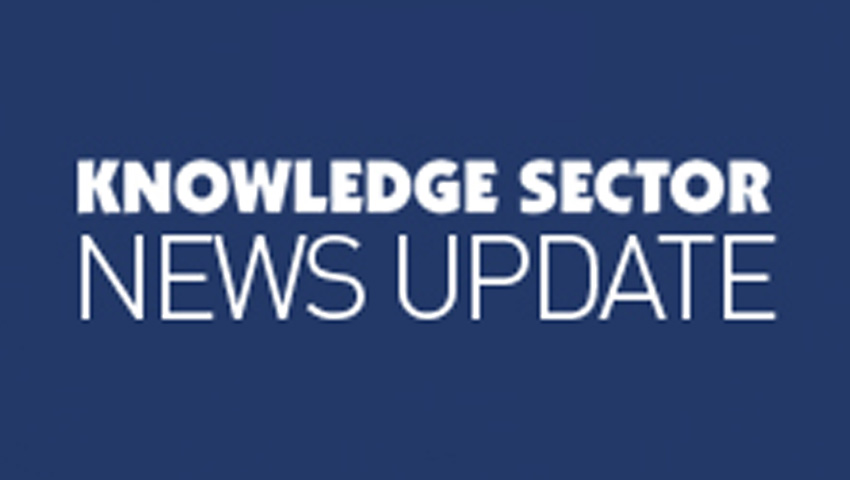“Policy in Indonesia, it was once made in the back-room…but today we have brought it out to the public eyes,” said Dr. Adi Suryanto, the Head of National Institute of Indonesia Public Administration (LAN) during his remarks at the workshop held last of March in Jakarta to discuss the role of policy analysts in policy making.
The workshop was organized to discuss the role of policy analysts as intermediary actors between the public and policy makers. More than 200 participants attended the workshop coming from ministries, local governments, the house of representative, civil society organizations and universities, as well as development partners such as the Department of Foreign Affairs and Trade (DFAT). The workshop featured senior government officials (Dr. Adi Suyanto M.Si and Sri Hadiati from LAN; Prof Dr. Enny Nurbaningsih from the Ministry of Law and Human Rights, and Aria Bima as a member of DPR RI) and Prof Mark Considine from the School of Government at Melbourne University as speakers and contributors.
The workshop has broadened my thinking about the importance of policy analysts for Indonesian public policy. Policy analysts are a new role in the bureaucracy. They have been introduced by the new Civil Service LAW (UU ASN) which was passed in January 2014. Indonesia is now aligned with other middle and high-income countries by having policy analysts as civil servants. Their role is needed by Indonesian policymakers who have to tackle and unpack increasingly complex public policy problems. It seems hard to imagine today’s modern bureaucracy without the presence of high-skilled policy analysts whom provide their in-depth analysis to produce informed recommendations and options for the policy makers. They collect, value, organize, manage, and analyze information and data to determine problems and to suggest steps to solve such problems. They are also a key role to anticipate possible outcomes from the range of available interventions. For me, policy analysts can bring a state-of-the-art analytical methods and approaches to contribute to a more evidence-informed policy making in Indonesia.
A second take away from the discussion at the workshop was that there seem to be a real interest for the opportunity that policy analysts represent for government agencies. The main challenge that was highlighted during the discussion was about the institutional and operational space that policy analysis will have within the government agencies where they are going to be deployed. The point was made that there seem to be still a limited awareness among policy makers about the role that policy analysts can play and the support they can provide. To policy makers, a receptive and conducive environment around them must be established and maintained to allow for the policy analysts to thrive. Perhaps, as a stop-gap measure, those decision makers may place them and utilize them in his/her immediate office, rather than placing them in the basement office.
In my opinion, the policy analyst role is essential to promote more Knowledge-to-Policy into the government system. They role can create opportunities to identify and initiate demand for evidence, synthetize, analyze, and communicate research and research-based evidence into different circles of policymaking. In regards to this, the Knowledge Sector Initiative (KSI) program has been working together with LAN for the past two years. The outcome of this collaboration has been training curriculum for the first cohort of Indonesian policy analysts. Among others, a series of trainings for 28 policy analysts, including training of trainers for 27 trainers in Indonesia and at the University of Melbourne in Australia. The Policy Analyst Training Modules was developed and launched in Mid-2015. This is the first manual of this kind to be used to develop courses for Indonesian policy analysts, and to build their capacity. In addition, a study is currently underway to capture lesson-learned from this support and to highlight the implementation of policy analyst’ roles and functions in selected ministries. Hope arises to see the impact of this support in improving Indonesia public policymaking!
However despite a number of policy analysts have been born, but from my vantage point, Indonesia civil service still requires a lot more of professional policy analysts. Their number must be increased, but also they need to be equipped through specialized training with well-developed analytical, research, and communication skills and good understanding of specific knowledge applicable to the policies being analyzed. At the same time, it is important to consider that once knowledge and skills are induced into a person, a parallel conducive and supportive working environment and follow-up professional development need to also be introduced and planned. As part of recognition and acknowledgement to the function and profession, an effective incentive scheme may need to be established. Whereas to keep them growing and nurture their ability to learn, adapt, and leaning forward, a support program such as on-the-job-mentoring or peer-to-peer problem solving case-method shall need to be facilitated among policy analysts to learn together from each other’s experiences.
This first cohort is excited and ready to be deployed. Let them lead others to advance public service in Indonesia.
Lia MARPAUNG(molistarfish@gmail.com)






